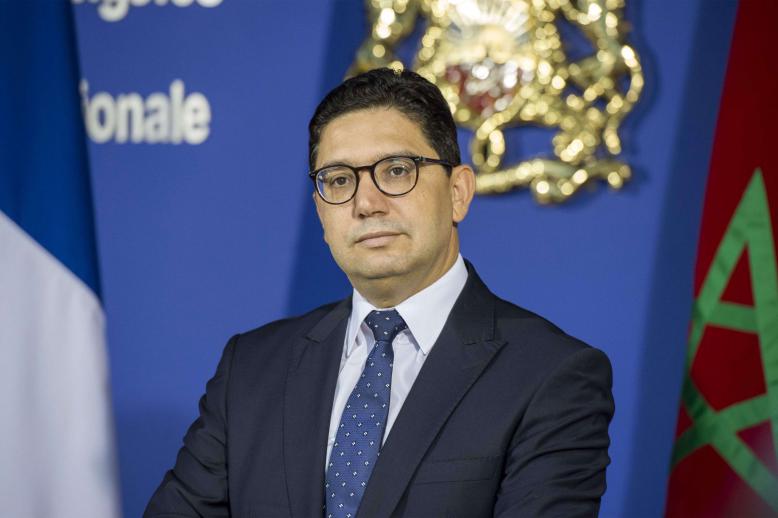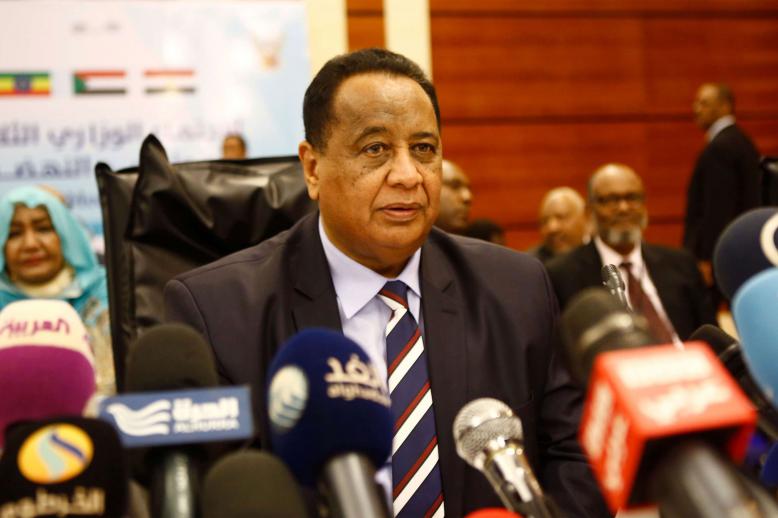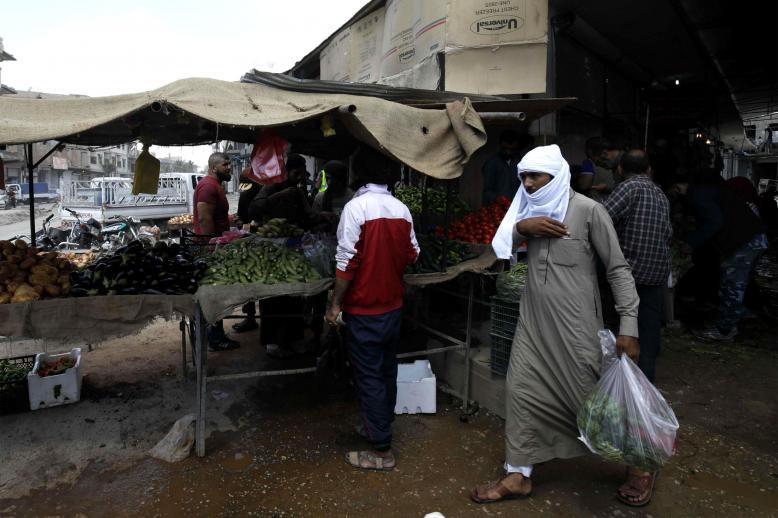Qatar paid Iran, extremist groups to free hostages

LONDON - Qatar sought help from extremist groups and several countries including Iran in exchange of large sums of money to settle the hostage crisis in Iraq in late 2015, revealed the Washington Post on Saturday.
Last year, a group of 25 Qatari hunters who were believed to have included one or more prominent members of the Qatari royal family, were kidnapped in southern Iraq in December 2015. They were freed after a 16-month hostage ordeal.
Sources close to the negotiations then said that their release was part of a broad regional deal between Iran and Qatar involving the evacuation of residents from besieged towns in northern Syria.
Doha has repeatedly denied reports that it paid terrorist organisations as part of the hostage deal.
But the Post reported that it the conversations and text messages it obtained unveiled a different story, revealing that for the first time that the Qatar’s payment plan to free nine members of the royal family and 16 other Qatari nationals allocated an additional $150 million in cash for individuals and groups acting as intermediaries, some of which have been regarded by Washington as sponsors of international terrorism.
Qatari diplomats appeared to sign off on a series of side payments ranging from $5 million to $50 million to Iranian and Iraqi officials and paramilitary leaders, with $25 million earmarked for a Iraq’s Kata’ib Hezbollah boss and $50 million set aside for “Qassem,” an apparent reference to General Qassem Soleimani, the leader of Iran’s Islamic Revolutionary Guard Corps and a key participant in the hostage deal, said the Post.
“You will get your money after we take our people,” wrote Zayed bin Saeed al-Khayareen, Qatar’s ambassador to Iraq and chief negotiator in the hostage affair in an April 2017 text message, recounting his conversation with a top official of Kata’ib Hezbollah, which he called along with the Syrians and Lebanon’s Hezbollah “thieves” in another message.
The leaks showed the size of the Qatari influence on extremist groups in Syria, where the release deal included the lifting of the siege on two Shiite villages besieged by the former Al-Nusra Front linked to Al-Qaeda terror organisation.
It also revealed Qatar's submission to Tehran's demands to withdraw from the Saudi-led alliance fighting Iran-backed Huthi rebels in Yemen and the release of Iranian soldiers held in Syria.
In dozens of private talks, Qatari officials agreed to total payments of at least $ 572 million to free the hostages, according to the Post.
The payments were part of a larger deal involving Iranian, Iraqi and Turkish governments as well as the Lebanese militia movement and at least two Syrian opposition groups, including Al-Nusra Front.
Qatar, which has admitted receiving aid from several countries in securing the hostage release, has consistently denied reports that it paid money to terrorist organizations as part of the deal.
Few weeks later, Saudi Arabia, the United Arab Emirates, Bahrain and Egypt severed ties with Qatar in June, accusing it of links to extremist groups and being too close to Shiite Iran, Riyadh's regional arch-rival.
The amount eventually paid by Qatar to seal the deal was not explained in the documents obtained by the Washington Post. However, in the intercepted communications Qataris were clear about the amounts allocated to individuals who helped free the hostages.
A Qatari negotiator confirmed in a seven-minute voicemail to his boss that all payments had been made "it was over and distributed."





